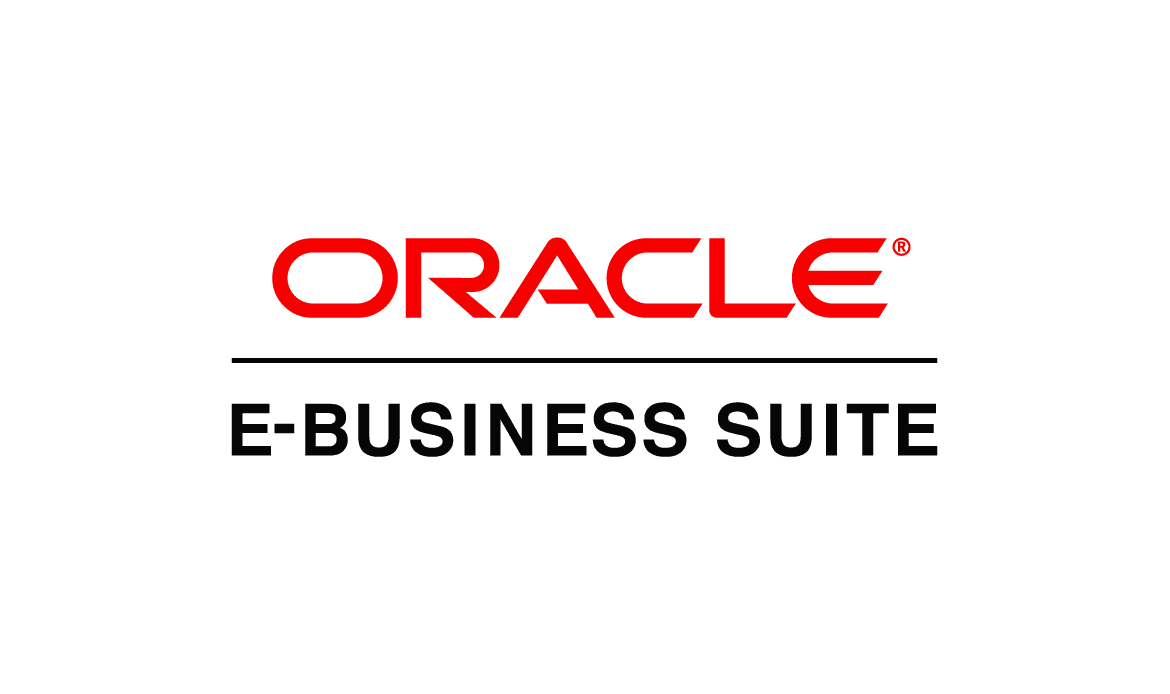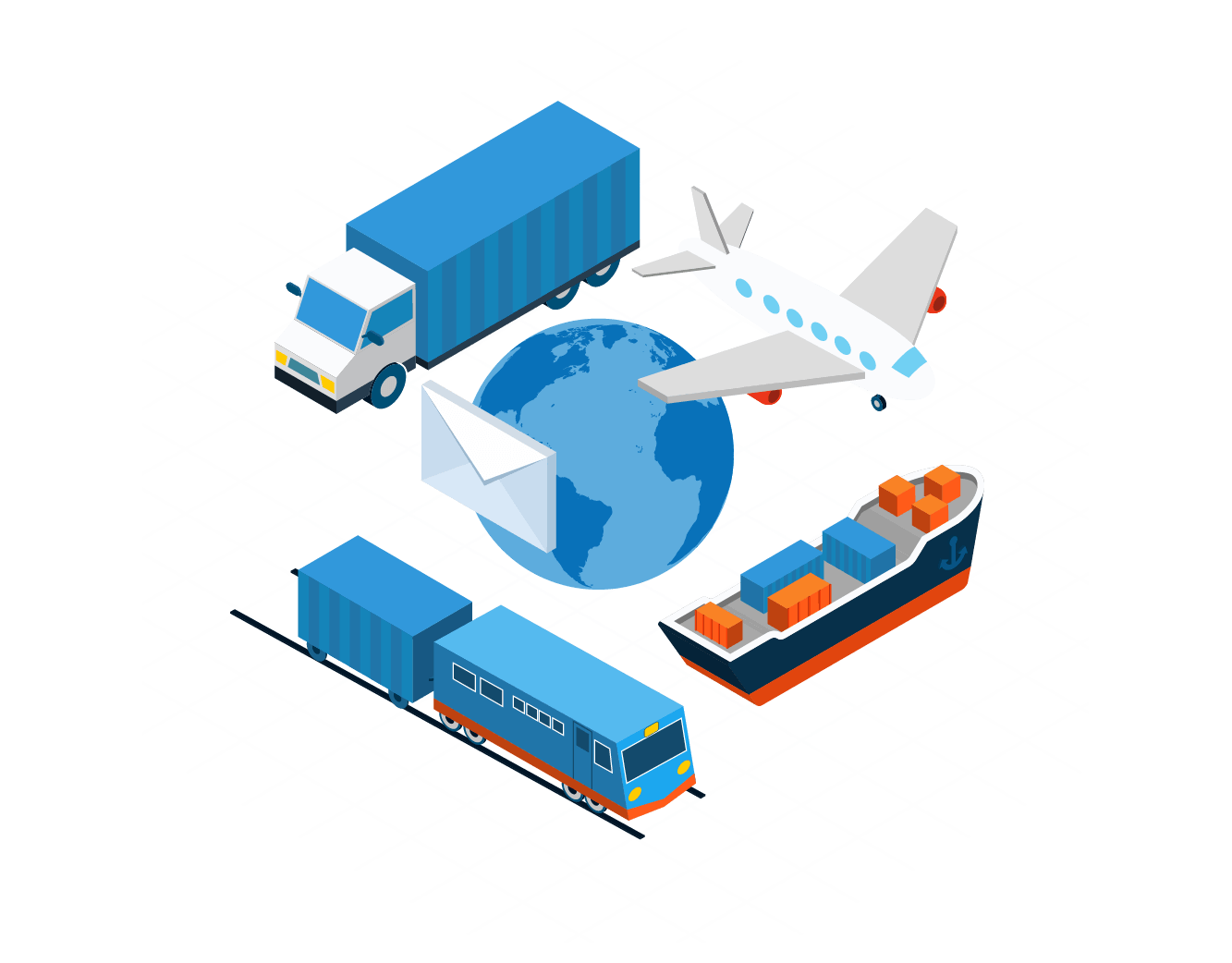

Version 12 of the Oracle E-Business Suite (EBS) is an online product that can be controlled from a single location. In 2018, the most recent version is 12.
Similar to other ERP packages, a business can run a single data centre with a single database. The suite, which was introduced in February 2007, has a variety of product lines that users can utilise in their own companies. The enterprise resource planning (ERP) software, supply chain management (SCM), and customer relationship management (CRM) applications are all included in Oracle EBS. Since each programme is licenced independently, businesses can choose the fusion that works best for their operational procedures.
Oracle CRM, Oracle Financials, Oracle Human Resource Management System (HRMS), Oracle Logistics, Oracle Supply Chain Applications, Oracle Order Management, Oracle Transportation Management, and Oracle Warehouse Management System are among the applications included in the Oracle EBS.
Front-office functions offered by the Oracle CRM programme aid organisations in attracting more clients and fostering their loyalty and pleasure. Marketing, order capture, contracts, field service, and call centre operations are all part of the core functionality. Internet-focused applications like catalogues, content management, and quote and order management are also included in the CRM solution.
General Ledger, Cash Management, Payables, Receivables, Fixed Assets, Treasury, Property Management, Financial Analyzer, and a self-service costs feature are among the Financials apps.
The HRMS application aids businesses in managing the hiring through retirement process. Users of the programme can examine all HR actions in real-time, including hiring, scheduling, training, paying employees, providing benefits, and payroll. The HRMS suite offers users an analytics package that makes it simple to extract HR data and completely connects with the other EBS apps.
We assist you in maximising the return on your technological investments.
The flow and storage of goods within a company can be planned, managed, and controlled by users using the logistics module. It offers data that can be used to forecast demand for safety stock in the warehouse. The programme has the ability to produce comprehensive, constraint-based production schedules and material plans.
Information-driven supply chains are powered by supply chain apps. Businesses are able to anticipate market demands, innovate in response to choppy market conditions, and coordinate operations across international networks. Product creation, demand management, sales and operations planning, transportation management, and supply management are just a few of the sector-specific solutions provided by Oracle.
Applications for order management can automate and streamline a company’s complete sales order management process, from order promising and order capture to shipping and receiving. Additional order management tools include telesales, XML, EDI, and web storefronts. Reduced order fulfilment costs, shorter order fulfilment cycles, improved order accuracy, and higher on-time delivery are a few of the business advantages that can be realised.
Shippers and outside logistics companies can plan and execute transportation using transportation management systems (TMS). Planning, execution, and freight payment for transportation are integrated and streamlined. The TMS function provides functionality for all forms of transportation, including sophisticated air, ocean, and rail shipments in addition to full truckloads. Reduced transportation costs, better customer service, and increased asset utilisation are all advantages of the TMS function.


Throughout the extended distribution process, Oracle’s Warehouse Management System enables the coordinated movement of both commodities and information. The module offers business procedures that can ensure effective use of personnel, assets, and available space during the distribution process. Real-time inventory management, cross-docking, pick-by-line, advanced ship notices (ASN), inbound planning, and yard management are a few advantages. Products also move through the supply chain more quickly, reducing lead times and freeing up working capital.
Yaritovic is a multinational provider of IT solution with an emphasis on modernising enterprise. Yaritovic offers solution for smooth corporate transition by utilising cutting edge.
IT Solutions & Service Company
Copyright © 2022. All Rights Reserved Yaritovic Technologies. Designed & Developed By Digital Exponents